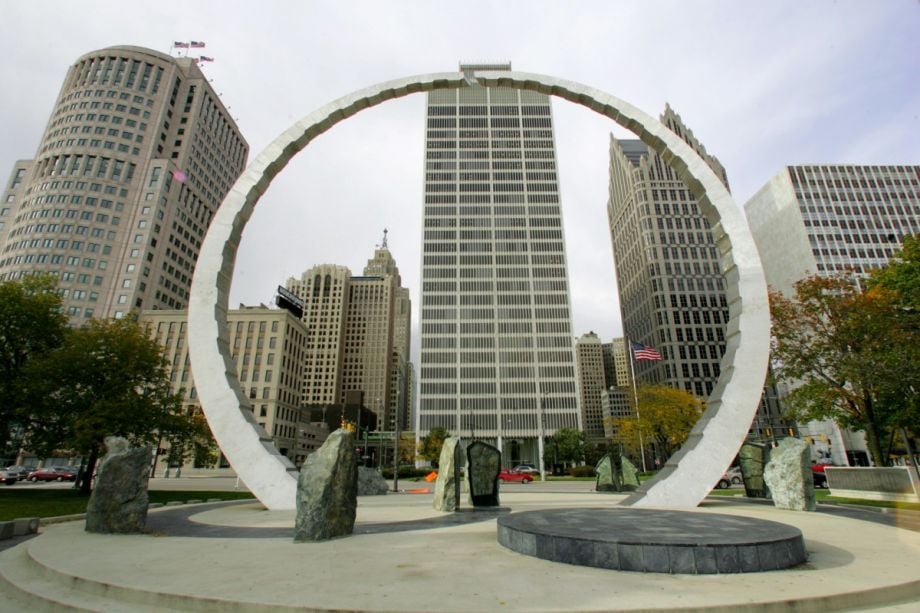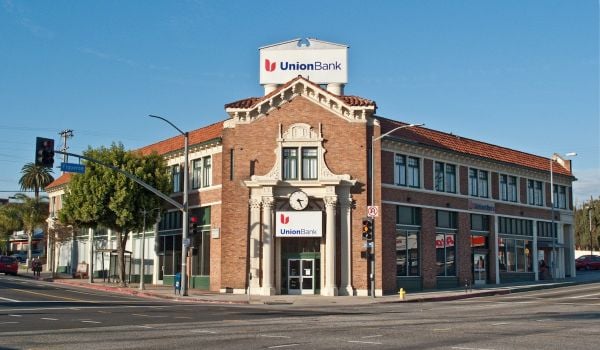Think of all the different ways a dollar can have an impact. There’s how it’s spent or invested, say by supporting living wage jobs, cooperative ownership or environmental responsibility. There’s the two sides of the transaction: Is the exchange bringing you closer together, strengthening the relationship, making it more likely you’ll support each other again later? There are bystanders too. Could they take inspiration from your exchange, and reconsider their own future transactions? What if you tried to be intentional about those ways to have an impact with your dollar?
The new $31 million Blended Catalyst Fund is an attempt to do just that. Launched today by Living Cities, a nonprofit focused on equitable urban economies, the fund’s potential begins with its investors, who want to support projects outside their usual geographic area or pattern of previous investments.
“[The investors are] looking for what’s on the cutting edge of impact investing in cities,” says Eileen Neely, director of capital innovation at Living Cities. “They’re looking for collaboration, not only among past partners, but also new partners with whom they’ve never invested before, and a learning lens for how to support new ideas together.”
Investors at launch include the Ford Foundation, John D. and Catherine T. MacArthur Foundation, Surdna Foundation (all three provide support to Next City), Annie E. Casey Foundation, Deutsche Bank, The Kresge Foundation, MetLife Inc., Prudential Financial, Robert Wood Johnson Foundation, and The San Francisco Foundation.
Most Blended Catalyst Fund investors are also members of Living Cities — philanthropic and financial institutions that first came together in the 1990s to support community development in urban areas. Neely encourages anyone interested to reach out to her to discuss investing in the fund, which they expect to close at $40 million.
Until now, under the original Catalyst Fund, launched in 2008, Living Cities used philanthropic capital to invest alongside commercial capital from its members to support initiatives seeking to have a specific impact in under-engaged urban communities.
“It proved to be very difficult to get anywhere from five to nine financial institutions all to agree to invest in the same organization under the same terms,” explains Neely. Instead, the Blended Catalyst Fund combines philanthropic plus commercial capital into one pot of money under Living Cities’ management, giving them room to provide more flexible and favorable terms to investees.
The fund will provide term loans, lines of credit and equity investments at below-market rates to organizations, both for-profit and nonprofit, and local governments that are focused on economic development, income inequality, small business development, homelessness and similar social issues. Although some of the capital inside the fund was provided as grants to Living Cities, the fund itself will make no grants.
The potential impact of the Blended Catalyst Fund extends to potential investees, which will mostly be new organizations or new initiatives within organizations that must be able to generate revenue or attract other investors.
With the combination of investors in the fund, Living Cities wants to put together some creative deals that would not otherwise be possible, Neely says, deals that as separate investors they might reject outright. A committee made up of investors’ reps has to approve both the social impact plan and the repayment plan for each investment.
On the equity side, one investment has already closed in City Light’s Impact Ventures III fund, and there is another planned equity investment of $500,000 in the Urban Innovation Fund, from the creators of Tumml, a San Francisco-based urban innovation accelerator. Tumml alumni were having difficulty raising capital even in the venture capital nexus that is the Bay Area.
The fund also plans to make a $1 million loan to the New Economy Initiative Fund, a Community Foundation of Southeast Michigan program, which will make loans to entrepreneurs and small businesses in and around Detroit who are currently shutout from the mainstream market. The New Economy Initiative (NEI) has spent the last several years building ties to existing local businesses, seeking to bring them into its network of business support organizations that can help prepare local businesses to participate in the mainstream financial market. NEI thinks it can leverage those networks of support relationships in lieu of collateral — which is little to nonexistent in black and Hispanic communities, whose median household net worth is a tiny fraction of that in white communities.
“What we’re hoping to learn from that is, do relationships with business support organizations somehow trump other things that would be lacking from traditional underwriting. Could such long-term relationships make up for lack of collateral, fewer years in business or low credit scores?” Neely says. “If that theory proves true, we’re hoping that some of the small business lenders in Detroit will recognize that and start to change their lending practices. Ideally that would then spread beyond Detroit.”
The Equity Factor is made possible with the support of the Surdna Foundation.

Oscar is Next City's senior economic justice correspondent. He previously served as Next City’s editor from 2018-2019, and was a Next City Equitable Cities Fellow from 2015-2016. Since 2011, Oscar has covered community development finance, community banking, impact investing, economic development, housing and more for media outlets such as Shelterforce, B Magazine, Impact Alpha and Fast Company.
Follow Oscar .(JavaScript must be enabled to view this email address)

















